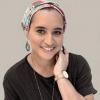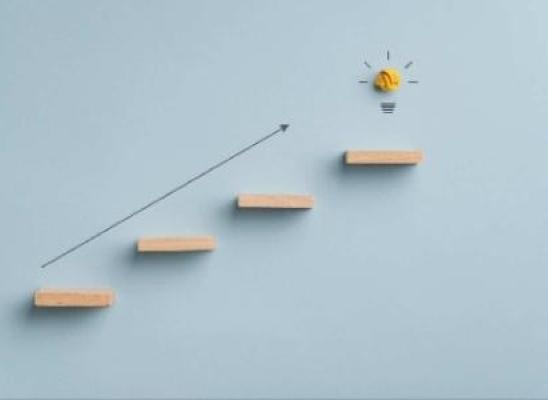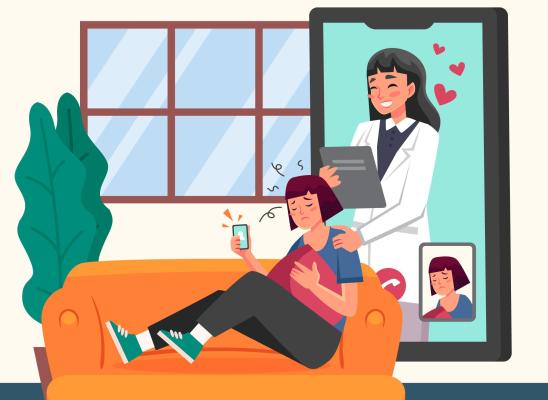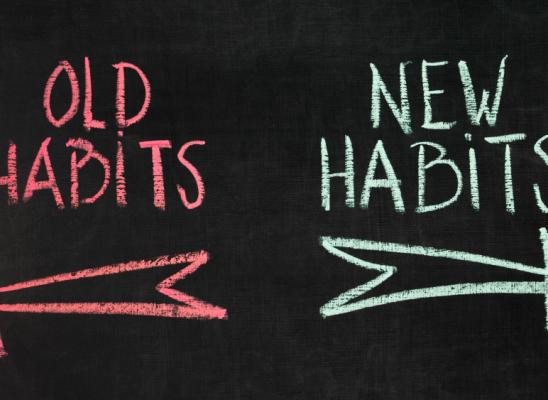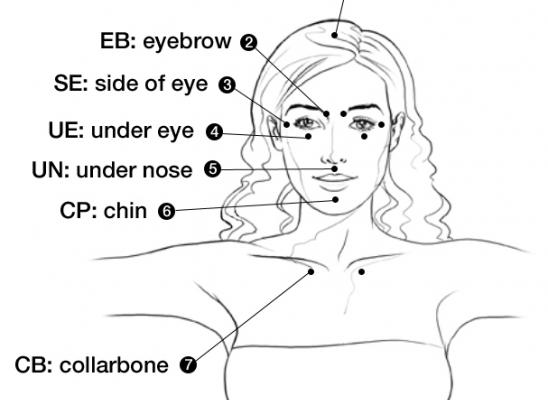meditation, exercise and therapy for excoriation disorder
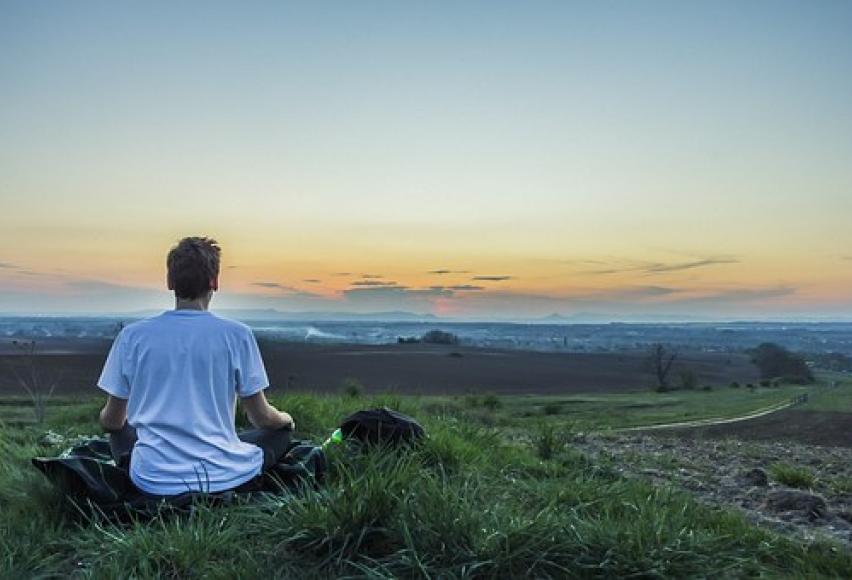
Online test
Find out the severity of your symptoms with this free online test
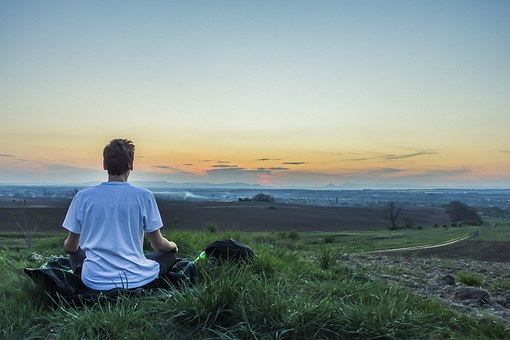
Skin picking may start with something mild and harmless but if not treated early it can escalate into a serious clinical condition. When it starts affecting a person’s physical health and/or emotional well-being, it means professional help is needed. There are many therapies and medications that can be used depending on the patient’s condition.
Online Test for Skin Picking
How Severe is Your Picking Disorder? Find Out With This Free Online Test
Take the testMindfulness-Based Cognitive Behavioral Therapy
One of the methods we employ in out online therapy program is Mindfulness-based therapy. Many times people try to control discomfort coming from unwanted feelings, thoughts and urges. As a result they start picking their skin to eliminate the discomfort. Mindfulness-Based CBT (Cognitive Based Therapy) helps the patient understand how he can non-judgmentally accept psychological experiences that are uncomfortable. The patient realizes that he can experience uncomfortable thoughts without harming his skin. There are many exercises that have been linked to mindfulness such as yoga and meditation.
Yoga, Meditation, Hypnosis, Tai-chi
These meditation exercises are closely linked to mindfulness and are recommended to help cope with stress related to skin picking. These exercises keep the mind and body healthy. They enable patients to keep busy and replace skin picking with something more positive. Exercise can reduce anxiety and depression also. It minimizes skeletal muscle tension and increases metabolism of excess adrenaline and thyroxin in the blood. It even acts as an anti-depressant.
Yoga has been found to be one the most effective ways of reducing stress. Patients can even identify obsessive thought patterns via yoga. The yoga asanas as well as yoga relaxation techniques enable the patient to find relief from their stress and anxiety. By stretching and strengthening the muscles the patient feels relaxed and is able to enhance his well-being.
Similarly meditation, hypnosis and tai-chi also help the patient reduce his physical tension and feel good about himself. Acupuncture is another tradition means of relieving blockages that are causing some kind of disorder. It results in a calm and relaxed mindset. From abdominal breathing to guided visualization meditation, different methods are used to treat patients. Once you are relaxed, tiredness is minimized, energy level is improved, self-confidence is enhanced and coping with stress becomes easier.
These exercises can be used as competing responses as an alternative to picking. Competing responses is a technique used in Habit Reversal Therapy, which is also a form of Cognitive Behavioral Therapy.
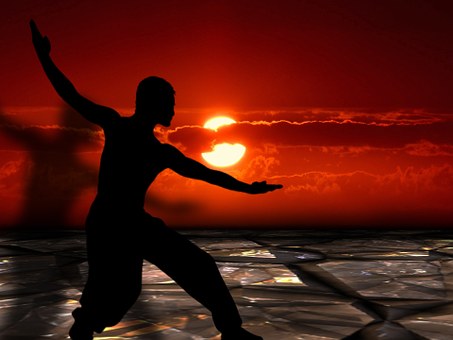
Habit Reversal Training (HBT)
This is a type of Cognitive Behavioral Therapy. A professional therapist attempts to find out what emotional and environmental reasons cause the patient to pick his skin so excessively. This way the therapist and the patient work together by treating the root cause of the problem. The therapist then recommends ways to reduce the urge to pick one’s skin. For example, during times of stress instead of picking your skin you can play some kind of sport or simply clutch a ball to reduce the tension. Hence the patient learns healthy means of handling the stress and anxiety.
Stimulus Control (SC)
This kind of therapy enables the patient to adjust his physical environment in order to minimize the urges to pick his skin. For example, the patient may be asked to wear gloves in order to stop himself from scratching his fingers.
Medication
Till date no specific medicine has been found to treat the condition. Hence medication is recommended along with other therapies. Selective Serotonin Reuptake Inhibitors (SSRI) medications, such as Paxil and Zoloft, have had good results. However, due to the side effects of these medications, these are prescribed very carefully depending on the patient’s condition, age, gender and other medical conditions he may be suffering from.
Intensive Treatment
Sometimes going the self-help route is not rigrous enough in which case there are program offered by many clinics to treat people with more complications and conditions that cannot be treated via standard procedures and therapies.
Expert Opinion
Richard G. Fried, MD, PhD, FAAD, of Yardley, Pa., claims,
“Anger, anxiety, depression or tension can initiate new skin problems and make existing ones worse through a complex series of biochemical responses.”
At the American Academy of Dermatology’s Summer Academy Meeting 2011 in New York, Fried suggested,
"Stress is personal, so what might be stressful for one person may be a non-stressor or even exhilarating for someone else."
Neuropeptides are chemicals that control our emotions and enable us to keep our skin healthy. When this chemical is released in order to handle stress, it may cause skin itching, acne etc. This chemical can also go to the brain which results in depletion of the chemical that controls our emotions. According to Fried the individual is caught in a vicious circle where he is concerned about the skin issue that aggravates acne rosacea, psoriasis, eczema, etc thus causing more tension and anxiety.

Healthy body, healthy mind
Caffeine can trigger panic attacks. High levels of sugar are considered harmful for health while too much carbohydrates can result in anxiety disorders. Fiber and vegetables are a good source of healthy food items.
Vitamin B, vitamin C, magnesium and calcium are lost when a person is stressed. Vitamin B12 helps improve your nerves in order to handle stress. It helps calm your obsessive disorder symptoms. Vitamin B8 is yet another important source of supporting the heart and brain. Omega-3 fatty acids are crucial for the health of the nervous system.
Alcohol may reduce anxiety for the time being but in the long run it worsens your tension and depression. Similarly people smoke cigarettes for relaxing but it actually increases anxiety.
Different people, different treatment
No one treatment can ensure complete recovery. The combination of therapy and medication can vary from person to person. If one approach does not work, don’t feel disheartened. Keep calm and stay strong and keep trying to find the best fit for your situation. Compulsive Skin Picking must be treated in time as it can have harmful consequences. Find professional help near you or simply search the internet for online sources if you cannot find experts within your reach. Conduct thorough research to find all the options available and go for the one you feel most comfortable for e.g. physical checkup, telephone, group therapy or online sessions.
Online test
Find out the severity of your symptoms with this free online test
Start your journey with SkinPick
Take control of your life and find freedom from skin picking through professional therapy and evidence-based behavioral techniques.
Start Now